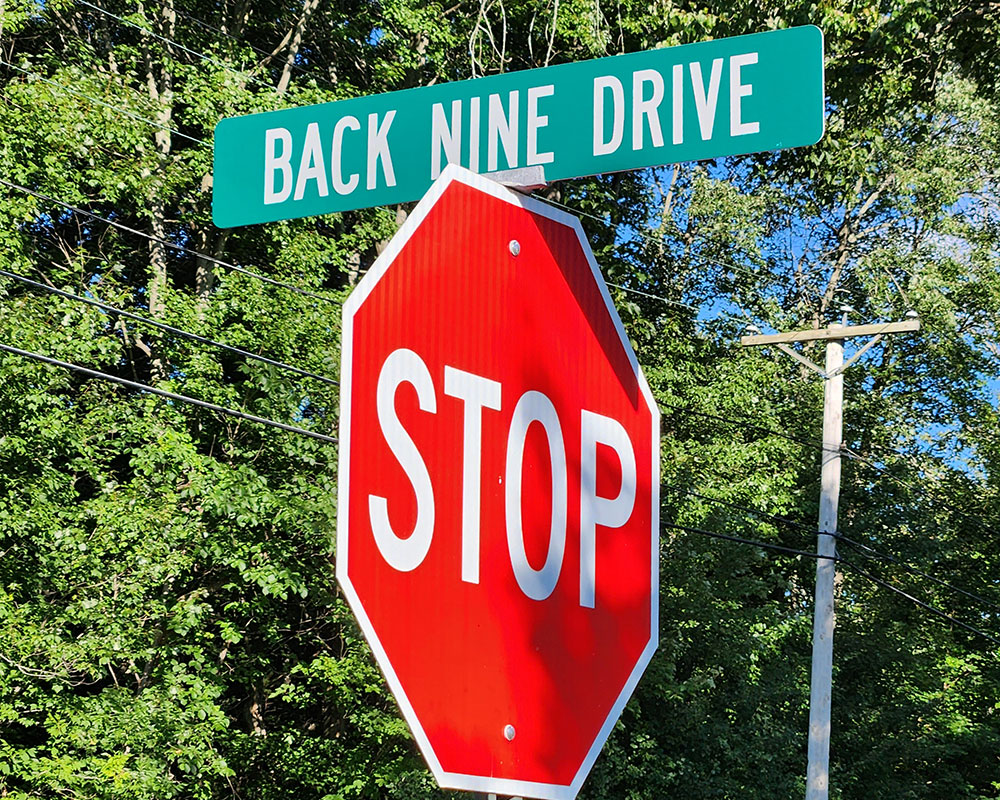A U.S. District Court jury last week decided Mayor James J. Fiorentini should pay a housing developer nearly $1 million to resolve a more than a decade-long dispute over construction of a 50-unit subdivision near Crystal Lake.
Fiorentini, whose actions as mayor are covered by the city, plans to appeal the decision. Haverhill City Solicitor William D. Cox Jr. noted developer Michael J. Maroney lost previous suits in state court and most of his federal complaint was stripped away before last week’s trial.
“The city intends to appeal this verdict, which our counsel believes will likely be successful,” Cox said. “The developer, Mr. Maroney, has had a long-standing dispute with the city concerning the city’s requirement, and his agreement, that he install and pay for a water booster station to make certain that the residents in that area have adequate water pressure and are safe in the event of a fire.”
Essex County Superior Court Judge Christopher K. Barry-Smith ruled in 2018 that Maroney and Maroney Construction Co. did not comply with city requirements—specifically, constructing the booster station—when building Crystal Springs development. A three-judge state Appeals Court upheld the decision in 2020.
At about the same time, Maroney turned to federal court in Boston, arguing that Fiorentini and then-Deputy Public Works Director Robert E. Ward interfered with Maroney’s “contractual or economic relations.” Chief Magistrate Judge Donald L. Cabell earlier this spring dismissed claims against Ward, but allowed a jury trial to decide whether Fiorentini “intentionally induced or persuaded” the Haverhill Planning Board and a bank not to honor an agreement with Maroney related to building homes.
Jurors decided the mayor interfered and awarded Maroney $928,775. They, however, agreed Fiorentini did not cause buyers to back out.
“In this matter, the judge dismissed most of the claims prior to trial. On the two remaining claims, the jury ruled in favor of the mayor on the largest claim, where the developer was seeking $6 million in damages,” Cox said. He added, “We strongly disagree with that verdict and intend to appeal. After speaking with our lawyers, we believe there is a strong likelihood that this will be overturned on appeal.”
Cox said the city is covered by insurance, which includes fees charged by outside lawyers Leonard H. Kesten and Deborah I. Ecker, who work at separate Boston firms. Maroney was represented by David Kerrigan of Southborough. Maroney’s lawyer did not return a call from WHAV in time for this story.
In 2009, Planning Board members approved the project provided a water booster pumping station be built to ensure adequate water pressure and fire hydrant flow. Based on Maroney’s agreement, the Planning Board favorably recommended the proposal to the City Council. Councilors approved the project with those conditions that spring.
Later that year, Planning Board members agreed part of the project—16 lots on a new street, Back Nine Drive—could go ahead without the booster station provided the particular lots could receive adequate water pressure without the booster. Those first houses were built and sold, but the city’s Water Division said during the fall 2012, new homes along another street, Front Nine Drive, could be built only if there was progress on constructing the booster station.
After Maroney built 13 more houses, the city told the court, he still failed to construct the required station. Despite lacking permits, the city charged, Maroney began building four more homes on certain lots a city consultant said required the booster. Upon orders from Building Inspector Richard Osborne, construction stopped.

